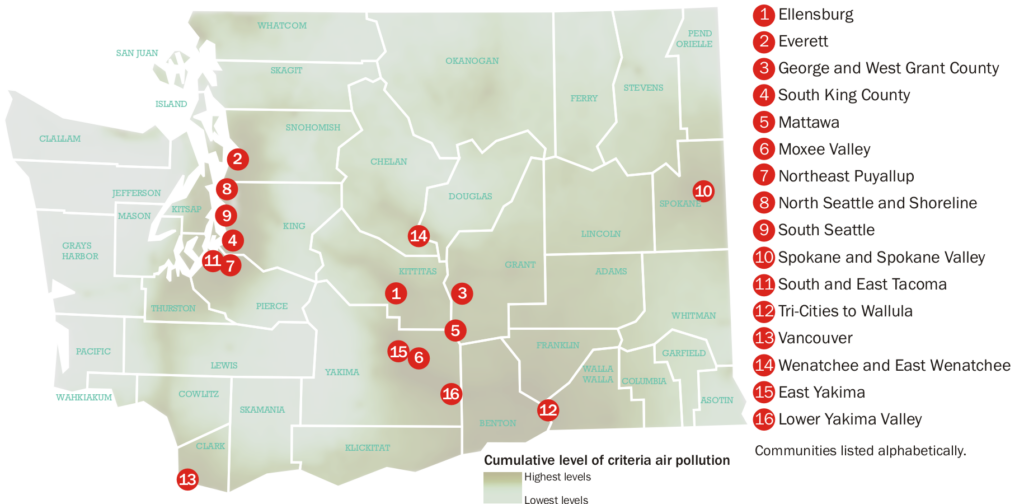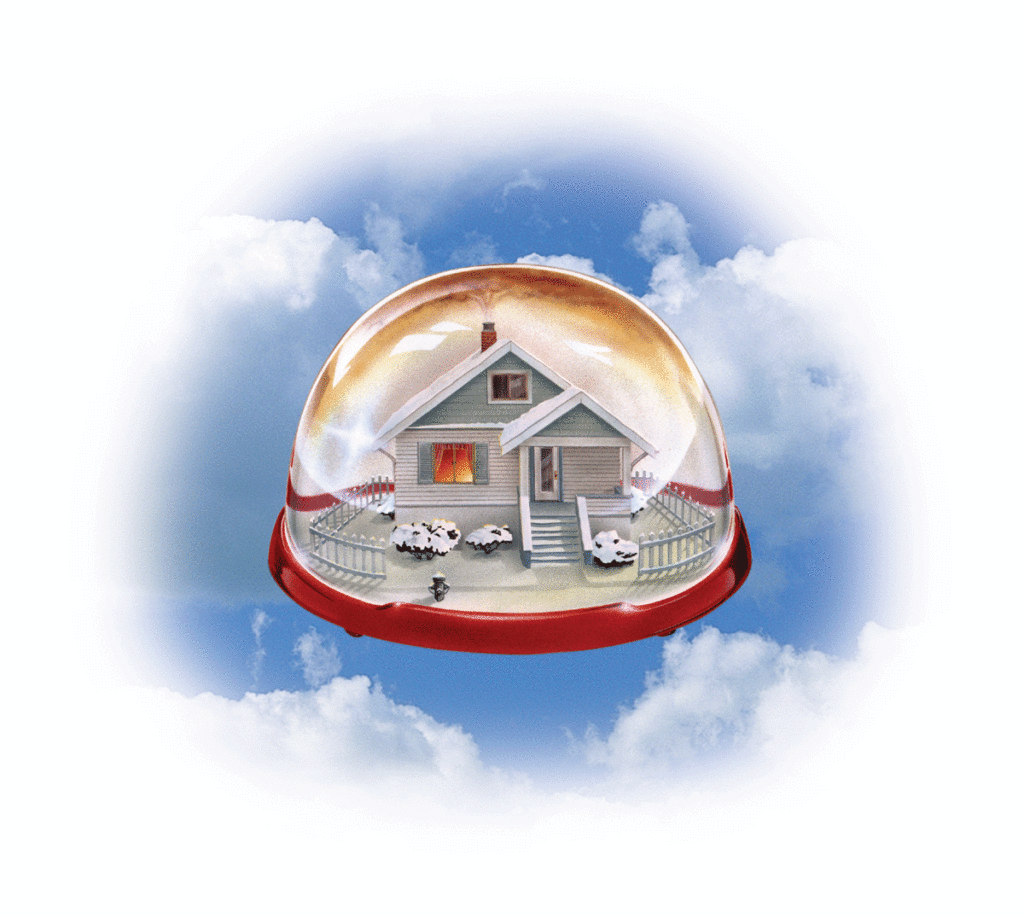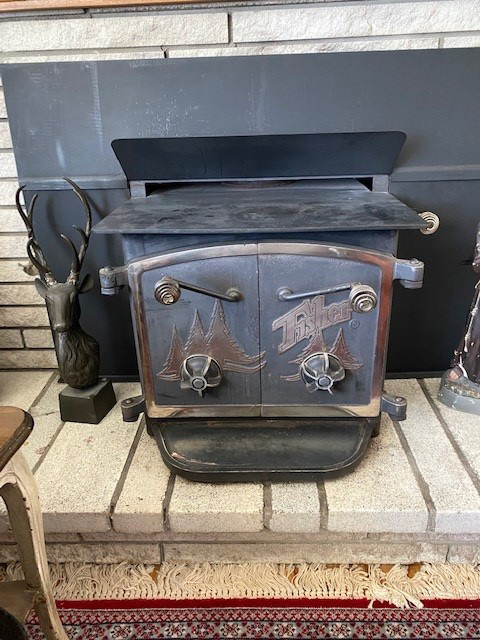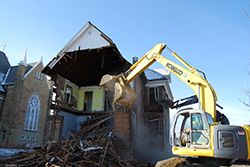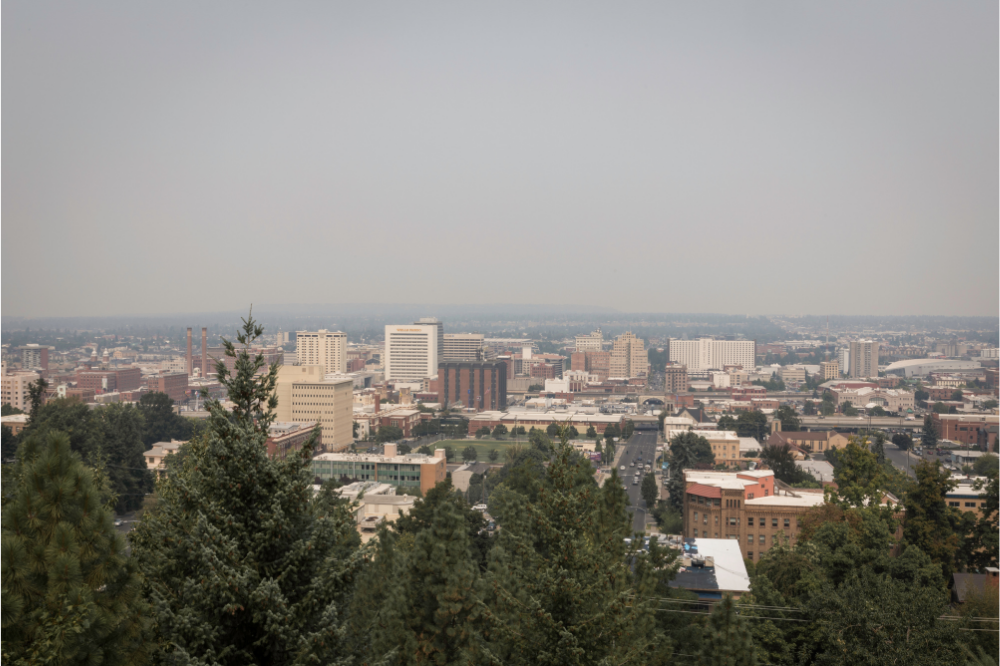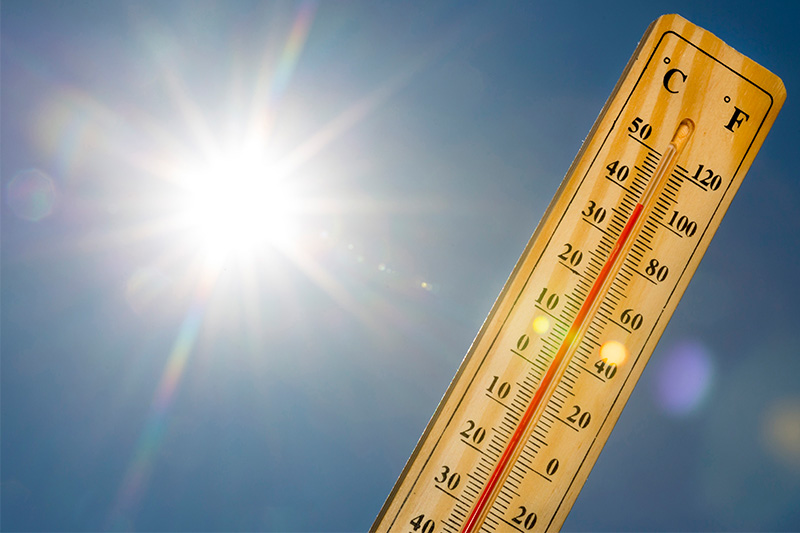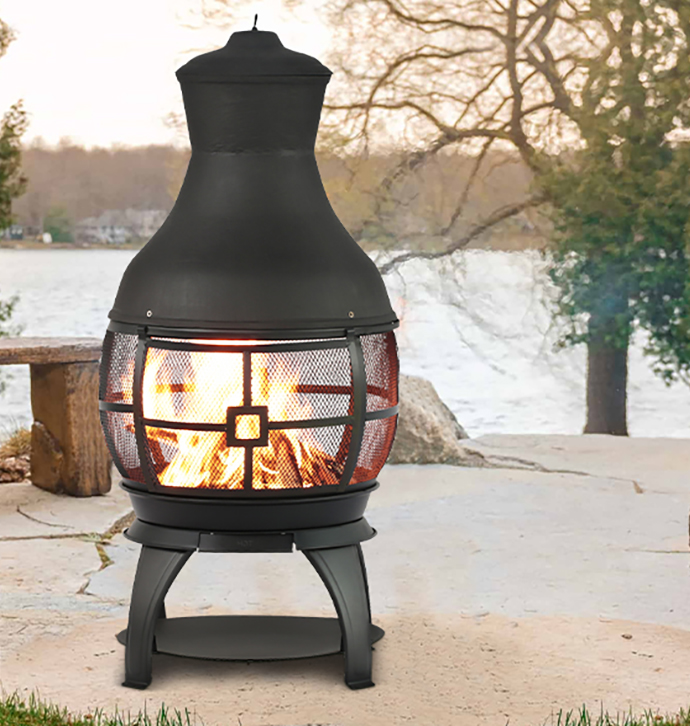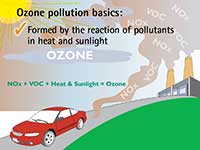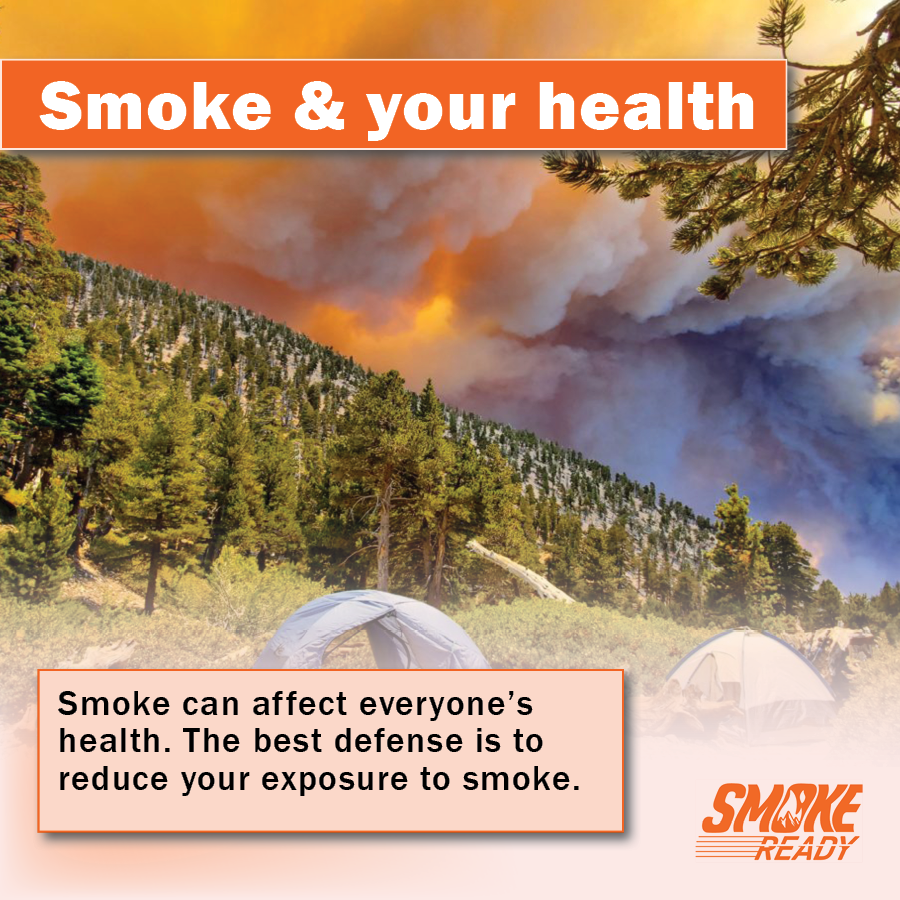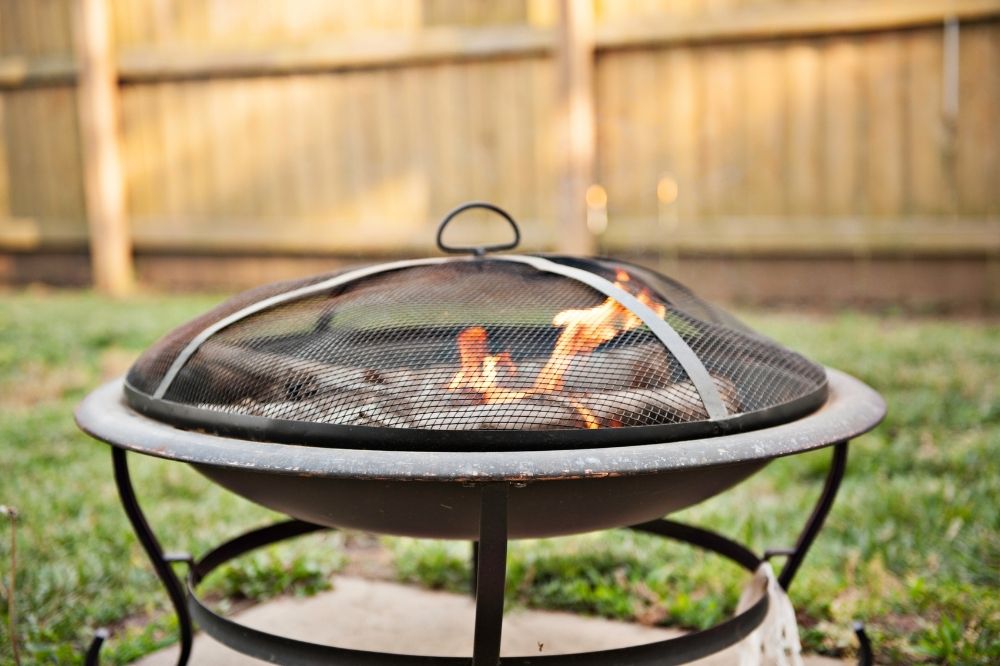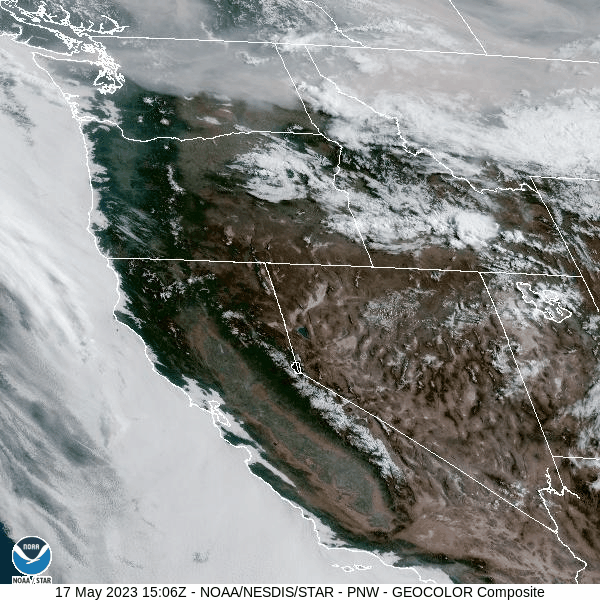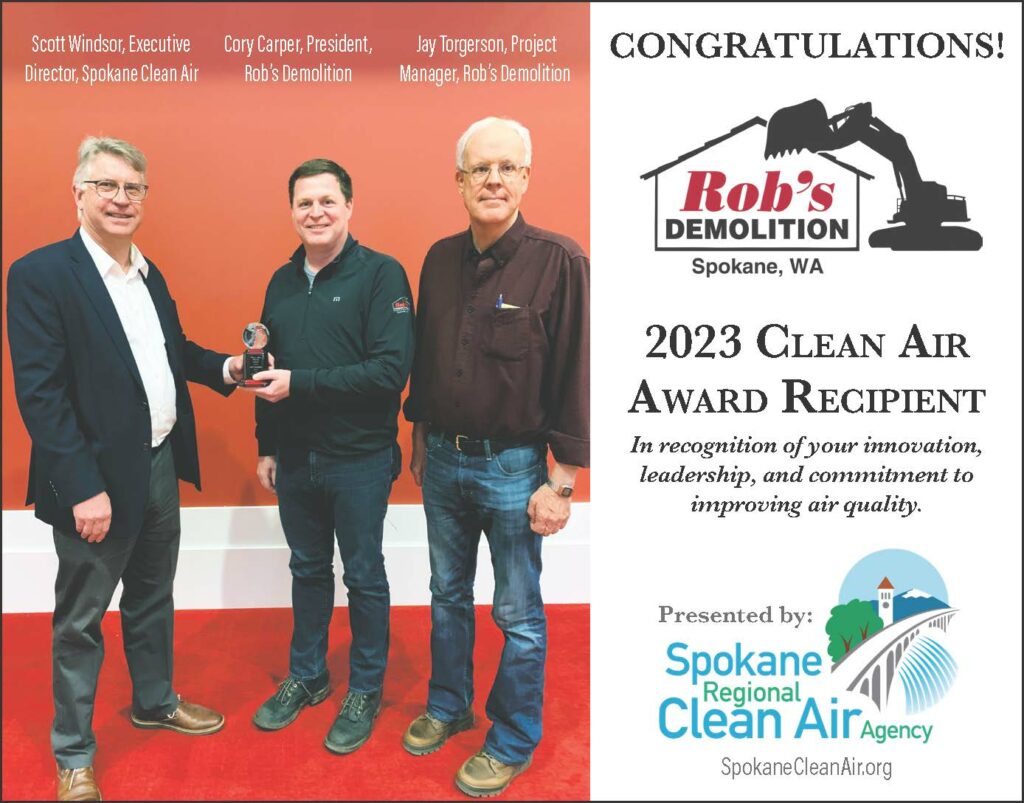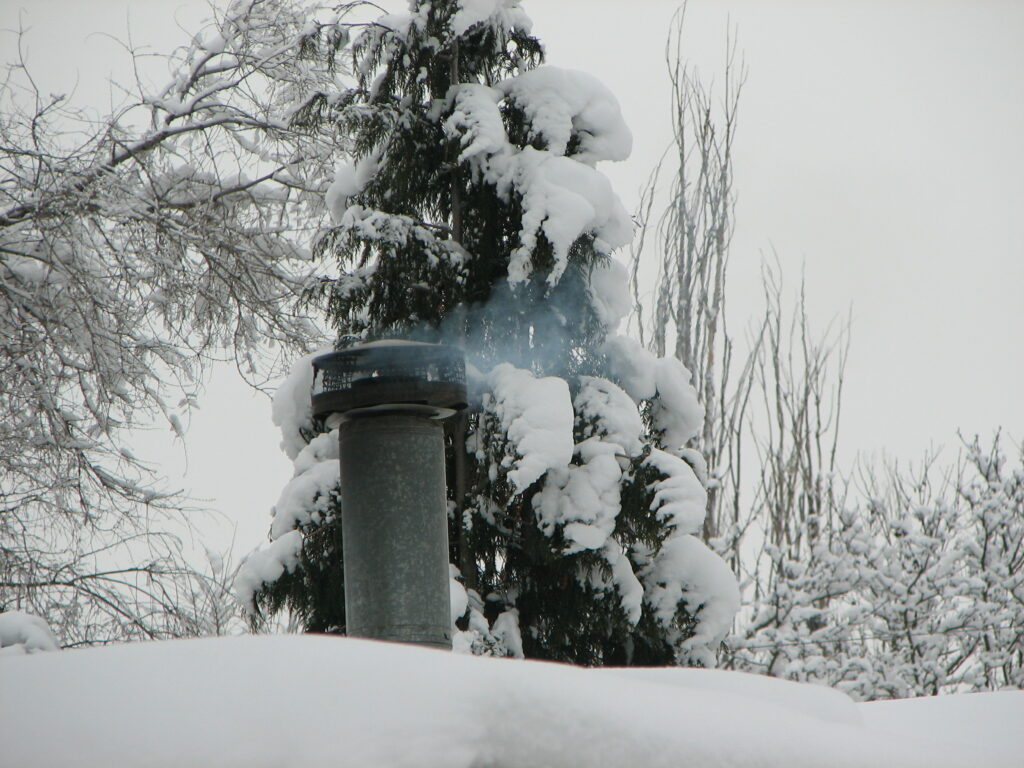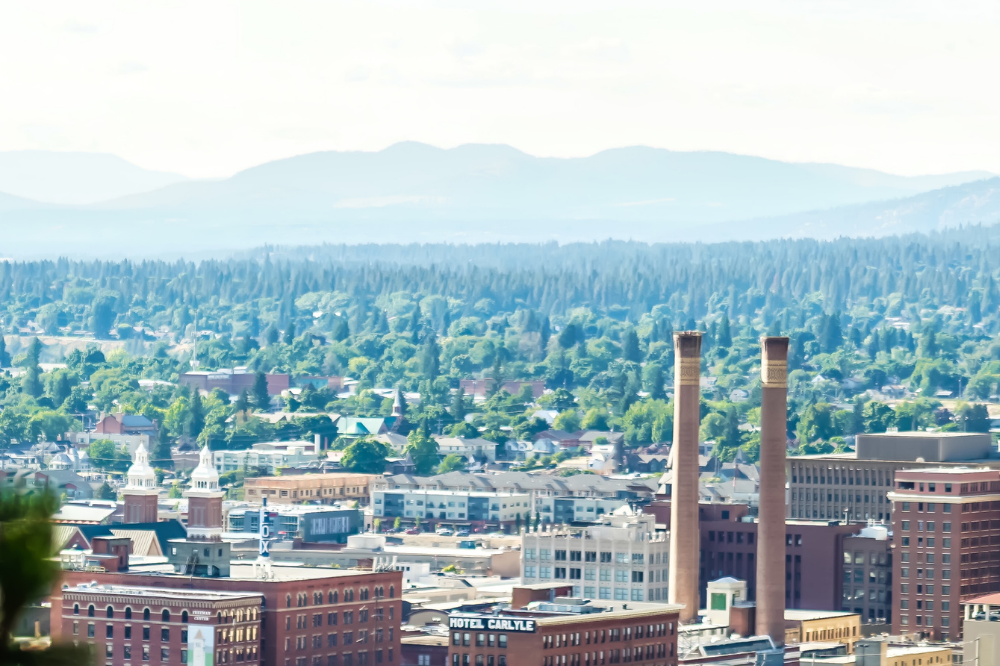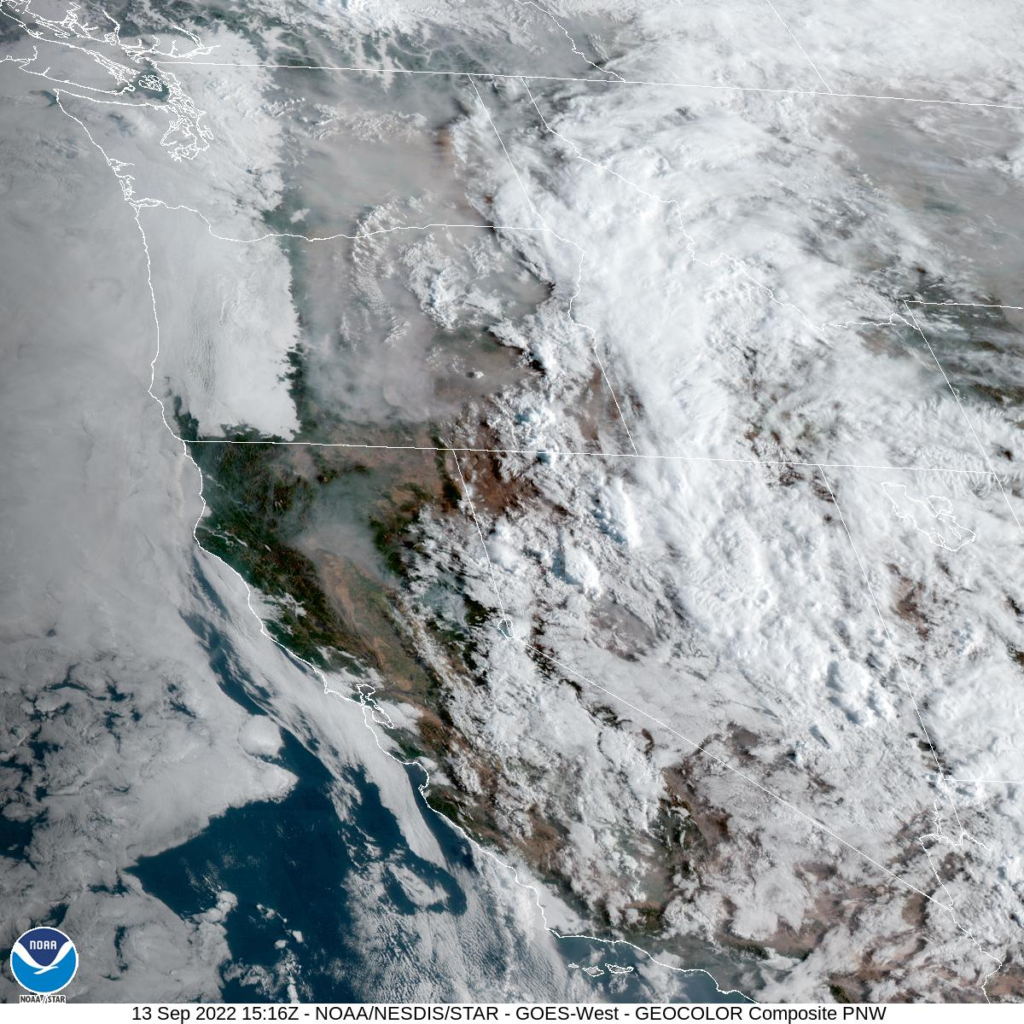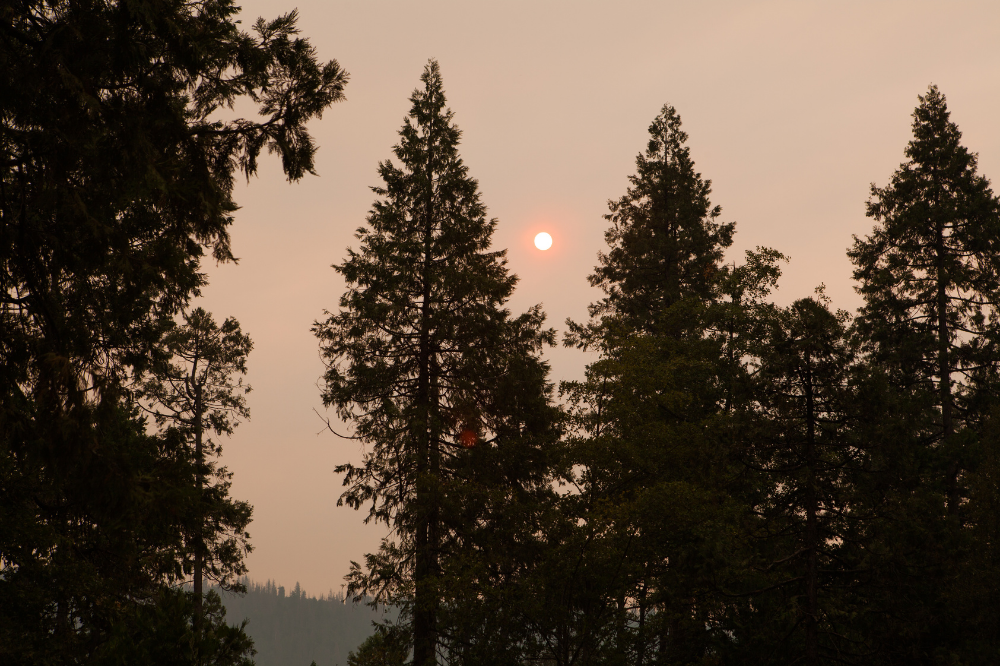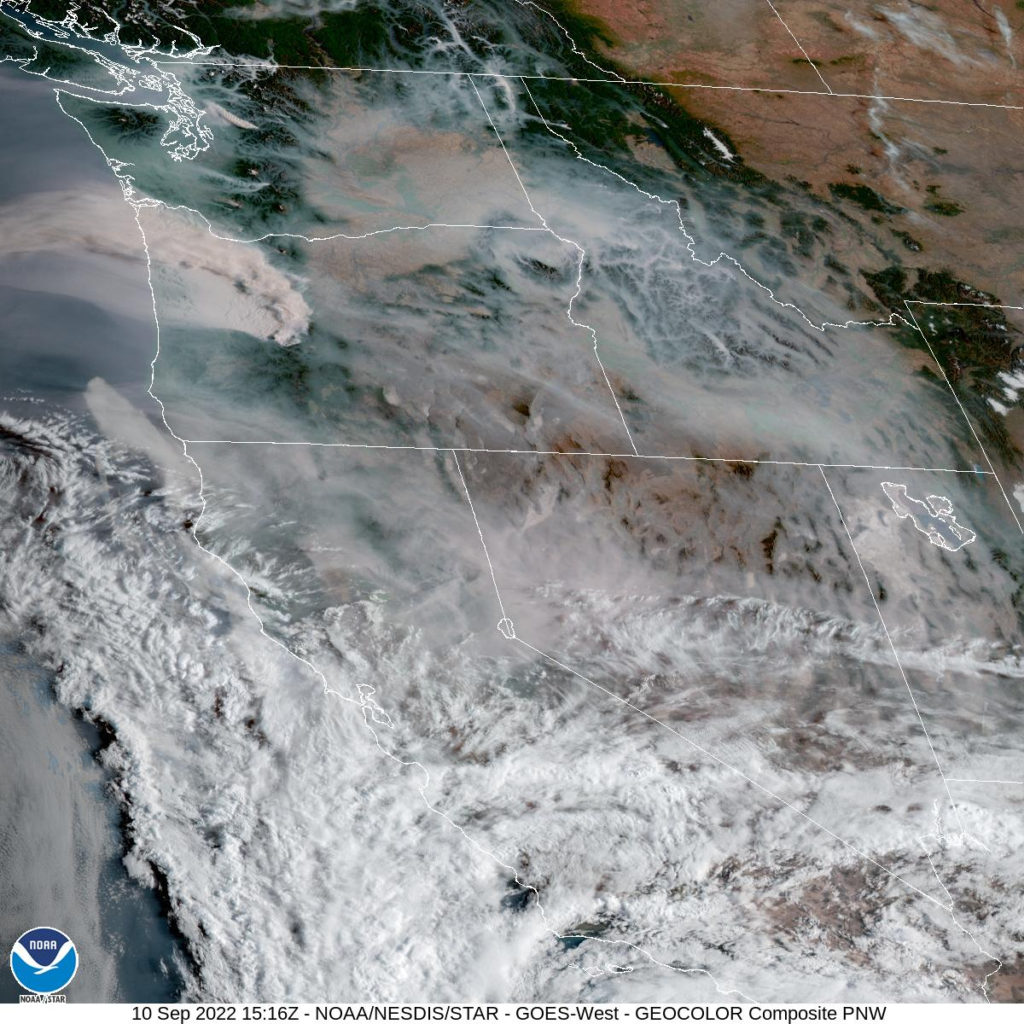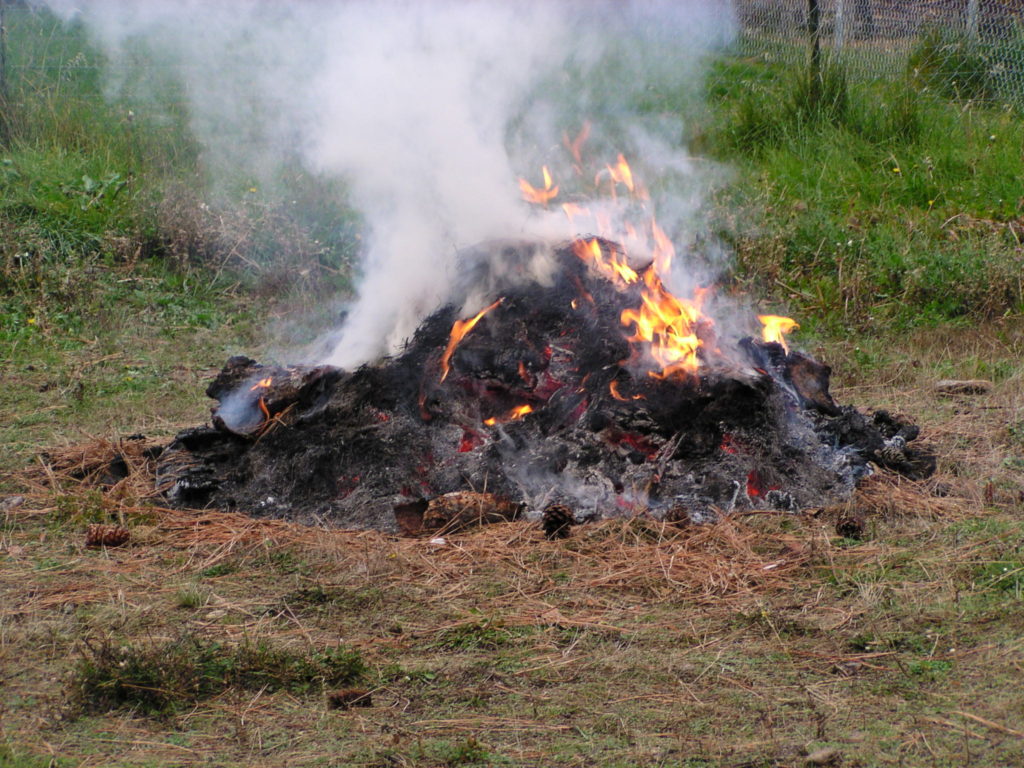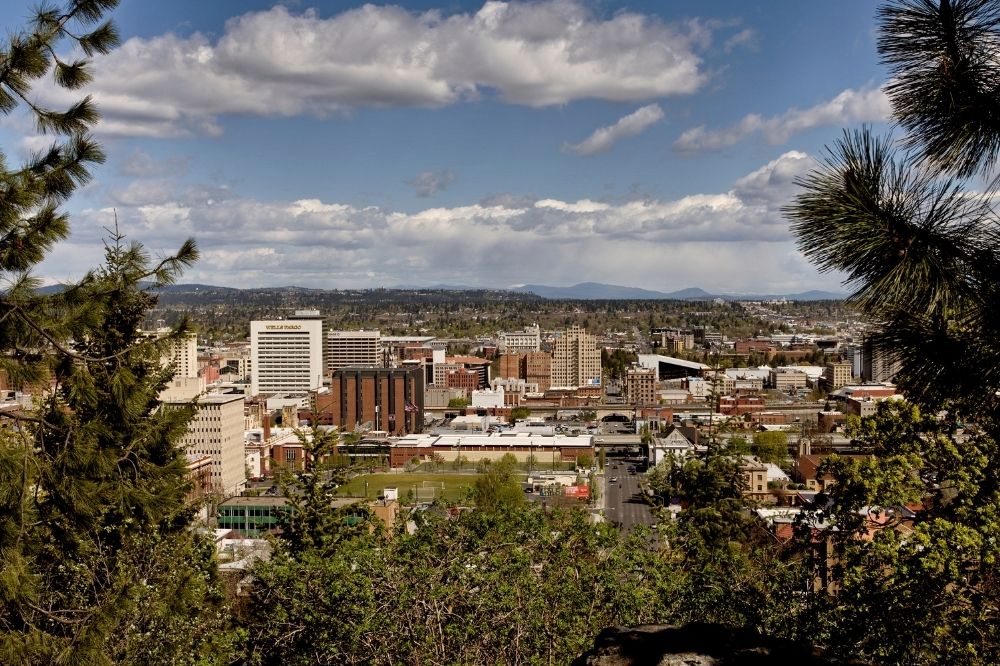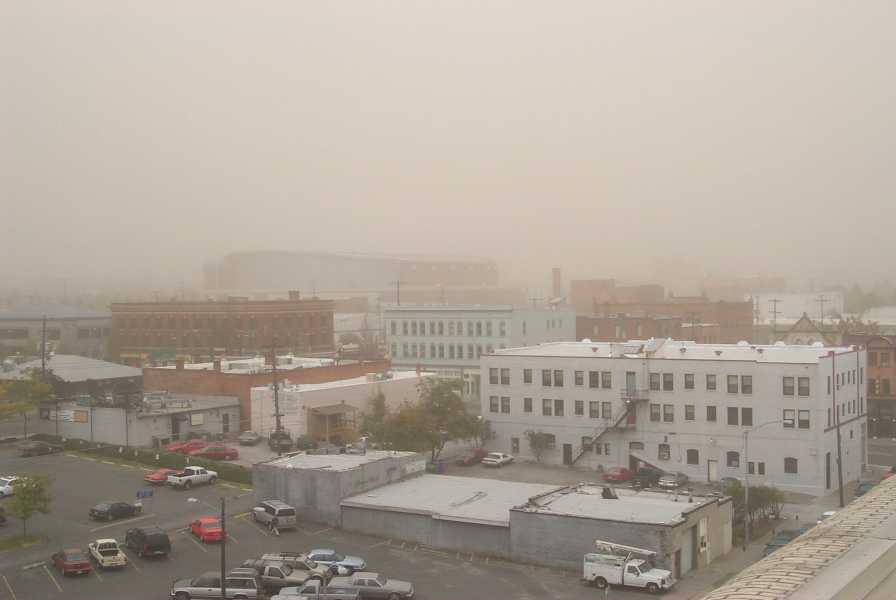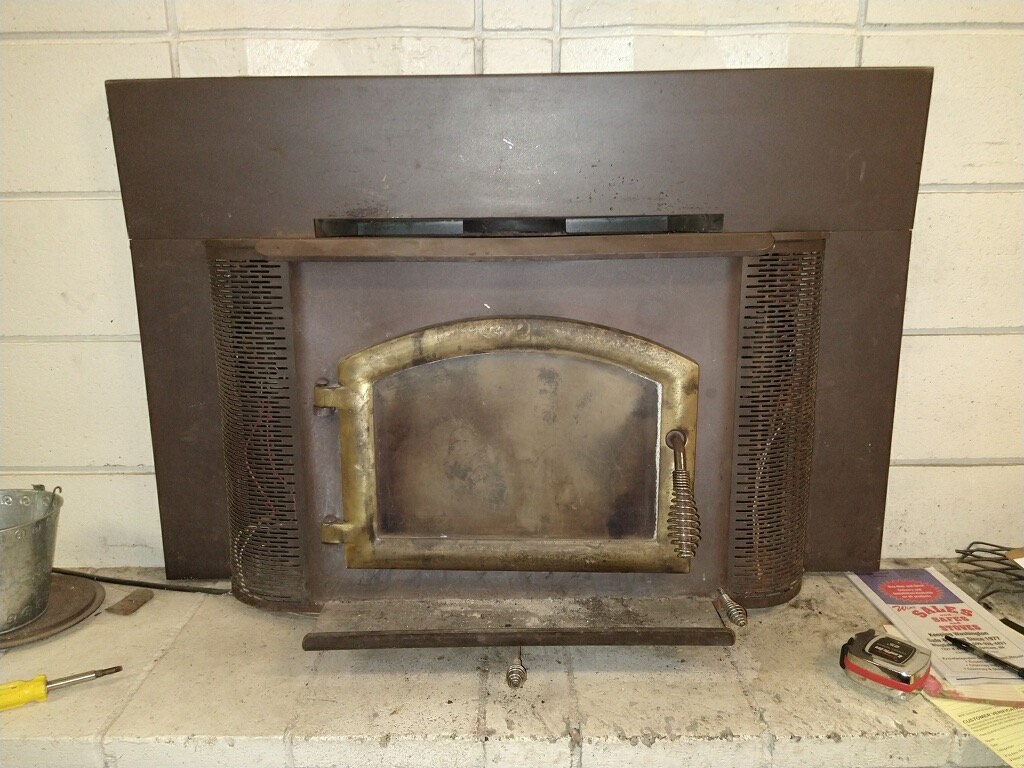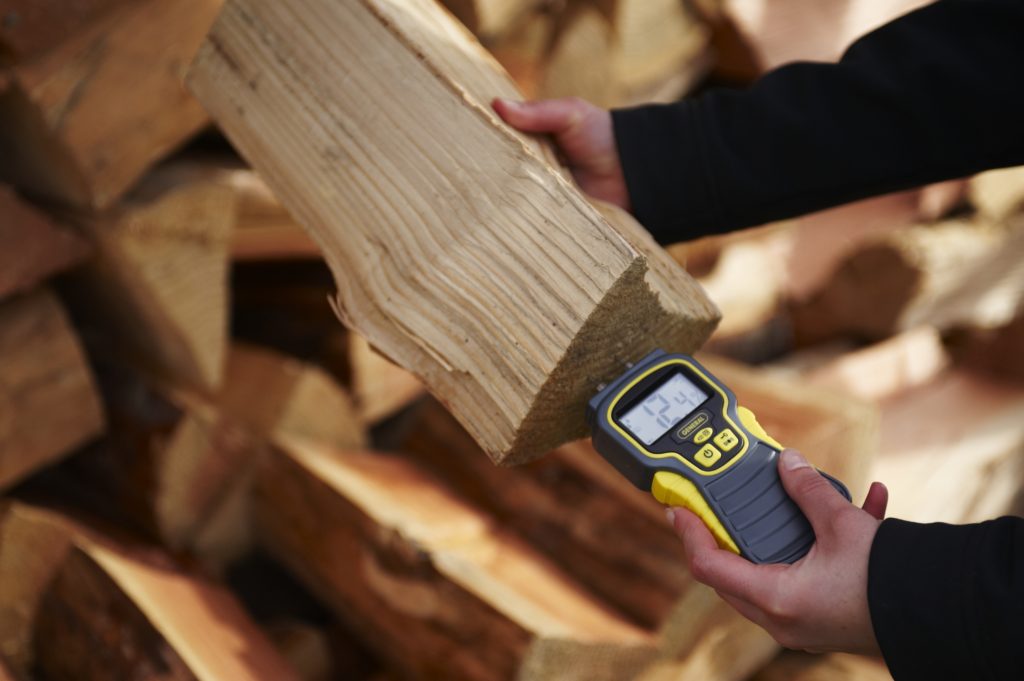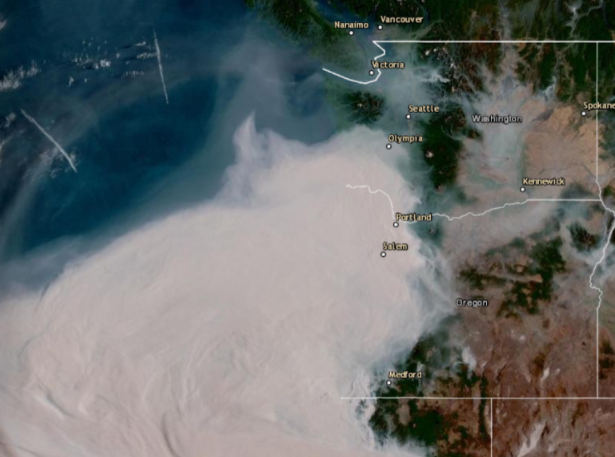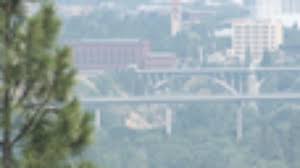
Spokane-area agencies partnering to promote Wednesday, June 26, as “Smoke Ready Communities Day”
Local public agencies are helping to prepare their communities for poor air quality caused by wildfires by declaring June 26 Smoke Ready Communities Day in Spokane County.
Smoke Ready Communities Day represents a combined effort among Spokane Regional Clean Air Agency, Spokane Regional Health District and Greater Spokane Emergency Management. In addition, the Cities of Spokane and Spokane Valley, and Spokane County have proclaimed today “Smoke Ready Communities Day” in support of efforts to prepare our communities for wildfire smoke impacts.
“The Spokane region experienced poor air quality due to wildfire smoke on 42 days during three of the last four summers,” stated Julie Oliver, Executive Director of Spokane Regional Clean Air Agency. “Smoke is a mix of gases and fine particles. The severity of the smoke impact depends on weather patterns. If the air isn’t moving, the concentration of fine particles increases. ”While we can’t predict what the wildfire smoke impacts will be this summer, we can prepare for them,” added Oliver.
“Wildfire smoke can be harmful to everyone. By preparing ahead of time, you can minimize your exposure to smoke,” stated Dr. Bob Lutz, Health Officer, Spokane Regional Health District. “If you are in a vulnerable group, inhaling wildfire smoke is especially harmful,” added Lutz.
According to the Washington State Department of Health, 40 percent of our population is at risk for severe health impacts from smoke exposures. This includes:
· People with heart and lung disease
· Infants and Children
· Pregnant women
· People over age 65
“People in these high-risk groups need to follow their breathing management plans, keep medications on hand and contact their health provider if necessary," added Lutz.
Children are in this group because their respiratory systems are still developing, they breathe more air (and air pollution) per pound of body weight than adults, and they’re more likely to be active outdoors.
Breathing in smoke can have immediate health effects, including:
· Coughing
· Trouble breathing normally
· Stinging eyes
· A scratchy throat
· Runny nose
· Irritated sinuses
· Wheezing and shortness of breath
· Chest pain
· Headaches
· An asthma attack
· Tiredness
· Fast heartbeat
What can I do to protect myself and my family from smoke?
· Know how to access forecast and near real-time air quality reports. For Spokane County, visit SpokaneCleanAir.org. Another good source for statewide air quality and wildfire updates is the Washington State Smoke Blog.
· Know how to set the air conditioner in your home and in your vehicles to “recirculate” to avoid outdoor air intake.
· Check your vehicle(s) air filter and make sure it is HEPA equivalent.
· Create a cleaner-air room in your home using a HEPA filter and change the filter more often when it’s smoky. Some room air cleaners can help reduce particulate levels indoors, as long as they are the right type and size for your home.
· Only use an N-95 or N-100 mask after trying more effective methods to avoid smoke, like staying indoors and reducing outdoor activity-–masks don’t work for everyone, including children, people with facial hair, and people with existing heart disease or breathing problems. The masks provide some protection–they filter out some fine particles but not hazardous gases in smoke (such as carbon monoxide, formaldehyde, and acrolein.)
· If you have asthma, lung or heart disease, make sure you follow your health care team’s instructions for taking your medicines and follow your respiratory management plan. Call your health care provider if your symptoms worsen.
· If a person has heart or lung disease, is an older adult, or has children, they should talk with their provider about whether and when they should leave the area. When smoke is heavy for a prolonged period of time, fine particles can build up indoors even though a person may not see them.


